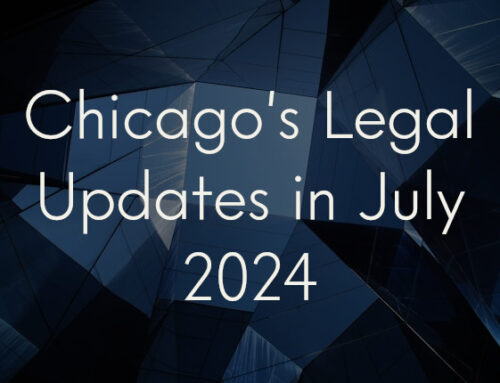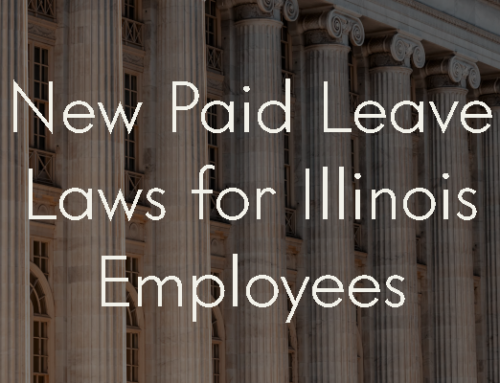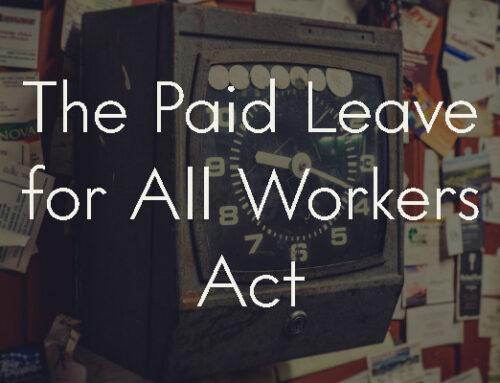(date: July 24, 2019)
Anyone wishing to break into Illinois’s new recreational marijuana industry should start preparing to apply for an operational license as soon as possible. Knowing when to apply and how the State will score applicants improves your chances of getting a license. Here is what we know about the process so far:
Applications must be completed by January 1, 2020
Applicants with active medical marijuana licenses can already apply for a recreational marijuana license, and may receive early approval. The period for new applications is expected to start on October 1, 2019 and close on January 1, 2020. All applicants will be notified of approval by May 1, 2020. Only 75 Conditional Licenses will be issued in this first application period, subject to applicants finding a permanent location and obtaining an Adult Use Dispensing Organization License.
“Social Equity” Applicants Have an Advantage
Applicants who qualify for “social equity” status see many benefits. For example, application fees are reduced from $5,000 to $2,500 and two-year license fees fall from $60,000 to $30,000. Additionally, applications are approved on a point-based selection system, with 50 points awarded for social equity status (out of 250 total points). For the remainder, applicants will need an Employee Training Plan (15 points), Security and Record Keeping Plan (65 points), Business Plan/Financials and Floor Plan (65 points), and Knowledge and Experience in the Cannabis Field (30 points). Minor amounts of points are also awarded for employment practices, diversity, Illinois residency, veteran status, and diversity plan.
G & G Law can help you determine if you qualify; given the weight given to social equity candidates, this knowledge is a crucial part of any applicant’s strategy.
To be considered a social equity applicant, one must:
- Have an entity controlled by one or more individuals that have resided in an area disproportionally impacted by the War on Drugs for at least 5 out of the past 10 years,
- Be a member of an impacted family, or
- Have been previously arrested for a cannabis-related offense that is eligible for expungement under the new law.
Disproportionally impacted communities include areas that have had a high arrest and incarceration rate for cannabis-related offenses (specifically the use, transport, and cultivation of cannabis) and meet any of the following criteria:
- Has a poverty rate of at least 20%,
- At least 75% of children in the area participate in the federal free lunch program,
- At least 20% of households receive assistance under the Supplemental Nutrition Assistance Program (also known as SNAP or food stamps), or
- The area’s average unemployment rate has exceeded 120% of the national average for at least two consecutive calendar years before the application is filed.
The Department of Commerce and Economic Development will specify these areas before the application period begins.
What if you do not meet the social equity applicant standard on your own? Applicants may also earn the extra points if they have at least 10 full-time employees, of which 51% reside in an impacted area or have been convicted of an expungable offense.
Each Owner and Board Member Must Be Approved by IDFPR
Each Entity Application requires owners holding at least 1% of the total interest and board members holding at least 5% of the total interest of a publicly traded corporation or revenue or control arrangement to fill out a Principal Officer Application. A person may not be a principal officer or hold any financial interest in more than 10 adult use dispensing organizations. Applicants must provide attestations, criminal history background check, resume, financial disclosures, and a letter of good standing from the entity’s licensing agency, among other documents. Principal Officers should be aware that these documents will become public records that can be requested via the Freedom of Information Act.
Disclaimer: G & G Law assumes no responsibility for the accuracy or the timeliness of the information on this website. This website is for informational purposes only and is not legal advice or a substitute for legal counsel. Visitors should not act on this information without seeking professional counsel. The information on this website is not intended to, and does not, create an attorney-client relationship, and you should not send us confidential information until you speak with one of our attorneys and receive our authorization to do so.
Additionally, Marijuana is classified as a Schedule 1 Controlled Substance under United States Federal Law and is therefore illegal in the United States. Any actions involving marijuana may violate federal law. G & G Law in no way condones or encourages illegal activities.




